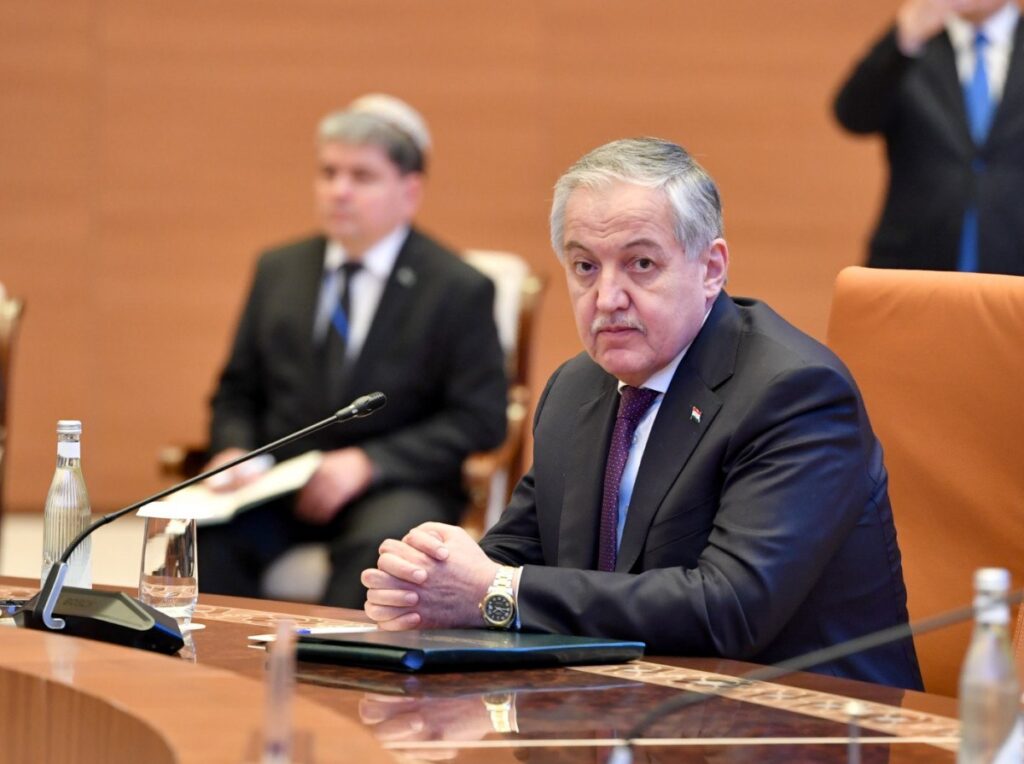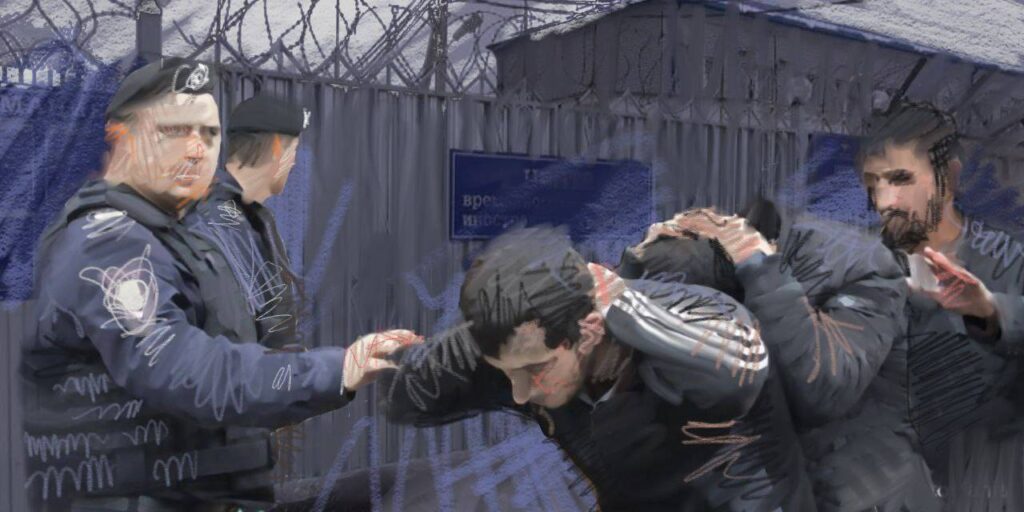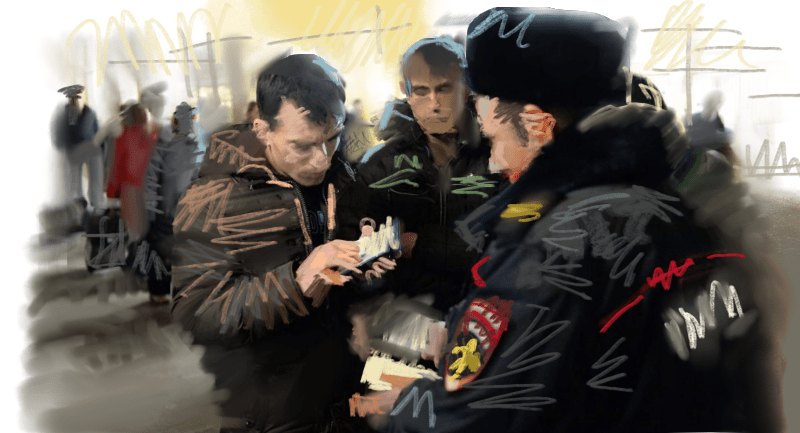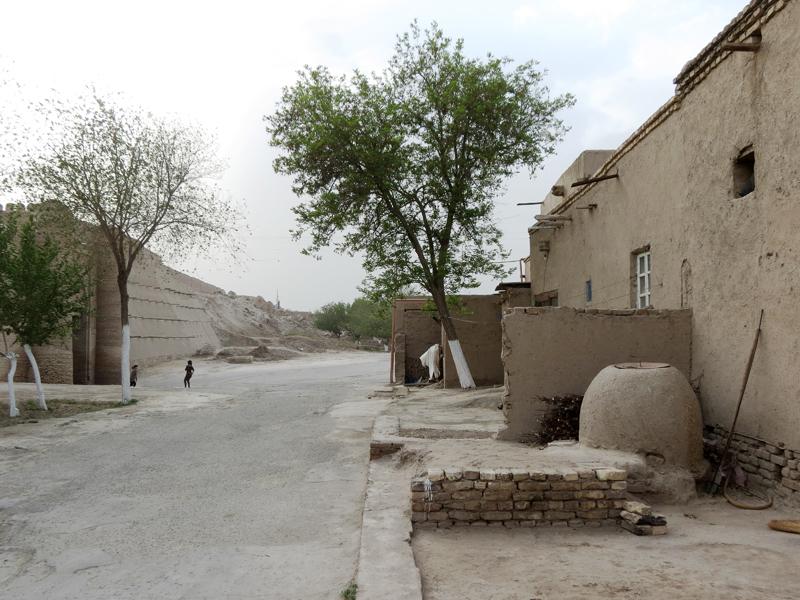As previously reported by TCA, in the wake of the terrorist attack on the Crocus City Hall on the outskirts of Moscow which left 144 dead and 551 injured, Central Asian migrants in Russia have been living in a climate of fear. “There is panic, many people want to leave [Russia],” Shakhnoza Nodiri from the Ministry of Labor of Tajikistan said of the outflow of labor migrants. “We are now monitoring the situation; we have more people coming [to Tajikistan] than leaving.” One of the most remittance-based economies in the world, in 2023 official figures released by the Ministry of Labor, Migration and Employment of Tajikistan - often underestimated - stated that 652,014 people left the country to work abroad, largely to Russia. According to the World Bank, in 2022 remittances made by migrants accounted for 51% of the country’s GDP. As anticipated, despite the U.S specifically warning the Russian authorities that the Crocus City Hall was a potential target, whilst seeking to lay the blame for the attack on Ukraine, the Russian Government is intensifying its control over migrants. On April 1, a Ministry of Internal Affairs' spokesperson announced that the regulations will include mandatory fingerprinting and photographing of all foreigners upon entry into Russia, a reduction in the legal duration of stay from 180 days to 90 days, and the registration of migrants and their employers. In addition, whereas in the past a migrant could only be deported following a court's decision, this will no longer be the case. Against this backdrop, on April 3, the Davis Center at Harvard University hosted a seminar entitled, “The Crocus City Hall Terror Attack and Its Repercussions for Central Asians and Central Asia.” Opening the discussion, Yan Matusevich, a Ph.D. Candidate in Cultural Anthropology at the Graduate Center of the City University of New York, highlighted the fact that the “migration system has been in place for a very long time [and] the Central Asian migrant community in Russia has lived through crisis after crisis. But there are not a lot of alternatives out there,” he started, “so it's really hard to disentangle oneself from that. It’s been difficult for migrants for a long time, but they also know how to navigate the system, as violent and oppressive as it is. “Migrants are also under a lot of pressure to join the war effort, because a lot of Russians have left fleeing mobilization. Migrants are very resilient, though, and paradoxically, because there is such a major labor deficit in Russia, there are a lot of employment opportunities. Bringing in brigades of migrants in uniforms who are completely segregated and work in slave-like conditions would be the Russian ideal, but the problem is the reality doesn't match up given the dependence on migratory labor.” Malika Bahovadinova, a Post-Doctoral Fellow at the University of Amsterdam, addressed the “ambiguity” migrants face over whether their “status is legal or illegal.” Criminalization of migration laws has been a trend since 2013, she argued, with increased tracking...






